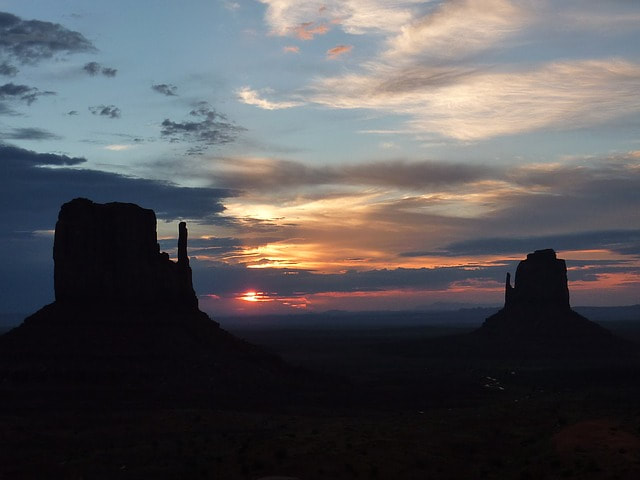|
November is National Native American Heritage Month, an opportunity to honor communities across our state and country, to raise awareness for obstacles they face, and to promote solutions to help them thrive. Like many people in America, Indigenous and Native American communities face hardships when it comes to nutrition and health. Food inaccessibility and insecurity make it difficult for Indigenous and Native American people to get the nutritious food they need. To improve health and well-being in Indigenous and Native American communities, there has been a push for food sovereignty efforts. Food sovereignty is a movement to make healthy and culturally appropriate food available to those who need it. The diets of Indigenous communities have evolved as a result of land loss, forced assimilation, and other factors. Food sovereignty seeks to give Indigenous communities sufficient access to food their communities used to eat. One in 4 Native Americans is food insecure. This is twice as much as the food insecurity rate in America. In Apache County in Arizona, a county that is home to the Navajo Nation, the Zuni tribe, and the Fort Apache tribe, the food insecurity rate is an alarming 30 percent. These rates are disproportionately high, especially considering Native Americans only represent about 2 percent of the U.S. population. A contributing factor to food insecurity in these communities is food inaccessibility. Location can have detrimental impacts on health. Nationally, more than 50 percent of American children and adults live within 1 mile of a supermarket or large grocery store. However, less than 30 percent of Native American kids and adults live within 1 mile of these places. Several reservations and rural areas have limited access to fresh fruits and vegetables. Many of these communities often rely on convenience stores for food and other basic necessities because grocery stores, farm stands, and farmers markets can be miles away. This can be harmful, as many of these stores lack nutritious food options, and their products are often more expensive than grocery stores. Not all Indigenous communities are the same. Arizona has 21 federally recognized tribes, and food sovereignty efforts vary to suit each individual tribe’s needs. Throughout Arizona, there are several food sovereignty projects underway. Within the Navajo Nation, a notable example is Coffee Pot Farms. They provide gardening classes and food tastings as a way to spread agricultural education, and are promoting meaningful solutions to make their food system more equitable and sustainable. Ndée Bikíyaa, The Peoples' Farm operates within the White Mountain Apache tribe. Their mission is to restore the personal and cultural health among the tribe. In addition to these groups, there are many other efforts in the state working to promote the health of Native American and Indigenous communities. By increasing the number of farm stands, farmers markets, and grocery stores, and by supporting community gardens and local farming efforts, people can start to get more of the food they need. Nutrition assistance programs also help increase access to food. The Navajo Nation Women, Infants and Children (WIC) and the Inter Tribal Council of Arizona WIC programs help community members gain access to nutritious food to improve health and well-being. Programs like Double Up Food Bucks make it easier for people to bring home more healthy, fresh produce, but access is key. While increasing these resources is crucial, it is also extremely important to ensure these efforts are crafted and executed with the community in mind. Listening to needs, understanding context, and incorporating culturally-sensitive strategies can help create truly meaningful and impactful solutions. Keep up with our blog as we explore the importance of these approaches in various aspects of public health across Arizona. Stay tuned to our blog for an upcoming interview with Cherilyn Yazzie of Coffee Pot Farms!
0 Comments
Leave a Reply. |
Pinnacle Prevention BlogFollow our blog for tips, insights and conversations about healthy living. Archives
June 2024
Categories
All
|
Location |
|


